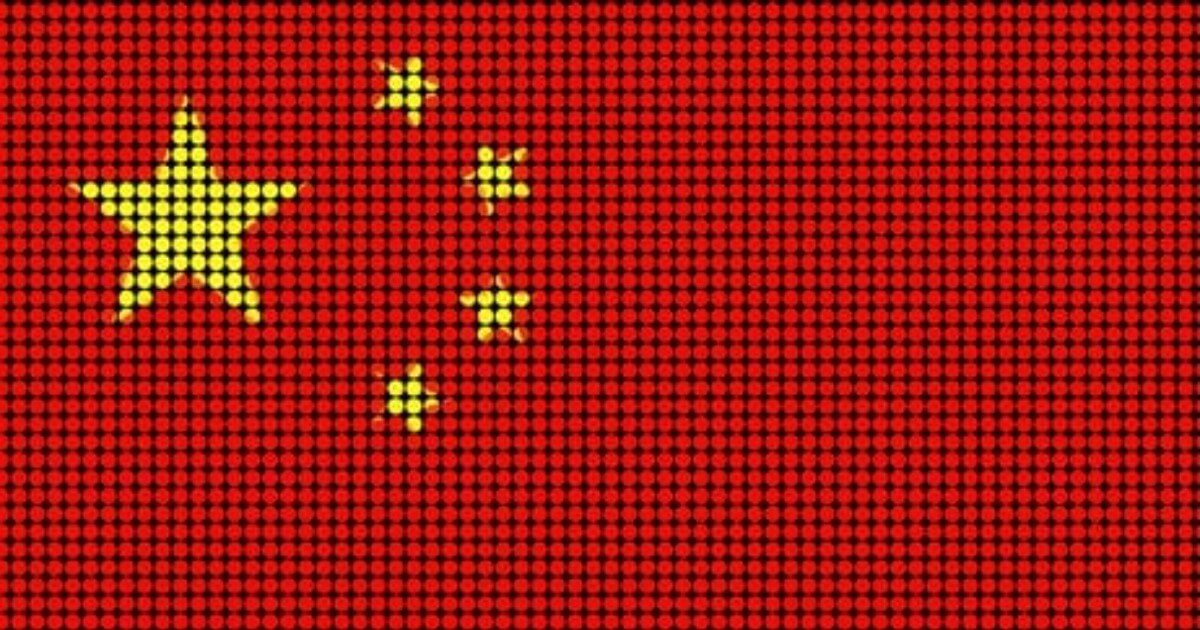What’s in a Name? Or Polly’s Story
A real-life guide to the befuddling world of Chinese naming conventions.
May 2, 2021

I was born in India, but over the last two decades I have lived in six other countries. In the process, my name has undergone some impressive contortions. I’ve been mislabeled Pullover, Pavali, Pavalari, Payawi, Pavalova and Palava, among others.
To make things simpler, I have taken to calling myself Polly in English speaking countries, Parabi in Japan and Maria Jose in Spain.
Chinese name
China was the one country where I didn’t face this particular problem, because from the outset I had a Chinese name, Ai Bei. My students at the Beijing Broadcasting Institute, to whom I taught English back in 2002-2003, chose the name for me.
I remember being flummoxed on my first day as their teacher on encountering a room of Chinese students.
The echo of an Anapple is better than Byron
One after the other, they stood up and introduced themselves as Byron and Montgomery.
Some identified themselves as Ice and Echo, while one dimple-cheeked girl announced herself to be “Anapple,” as in “an apple.” One of my favorite name choices was “Better,” a delicate blend, I thought, of arrogance and humility.
Standard practice
In China, it was standard practice for youngsters to take on western names when they first began to study English. Family names were kept unaltered and only given names were anglicized, so that you had Montgomery Hou, Byron Li and so on.
Some chose literal translations of their Chinese names. The result: girls called Elegant Wang and Promise Xu were common. Others had more practical reasons for their choice.
Fat speaks
“My name is Fat. I chose this name because I am fat,” announced one portly youth. His classmates nodded slowly in agreement at this statement of fact.
To begin I was uncomfortable with these anglicized names. It seemed demeaning for someone with a beautiful Chinese name to have to call themselves “Jack” or “Emma” simply to make it more convenient for English speakers to remember.
Name changing, a two-way street
But, I soon realized that the changing of names was a two-way street in China and all foreigners had perforce to adopt Chinese monikers as well.
The Chinese language lacks an alphabet and its thousands of characters have only 420 different corresponding sounds. As a result, the majority of Chinese words are homonyms.
They are distinguishable in meaning only through differences in tone and in the corresponding written characters. Consequently, the language is unable to absorb foreign words that have sounds lacking a matching Chinese character.
Big Mac at Mai Dan Lao
It is, for example, impossible to write Elizabeth in Chinese characters because there is no character that corresponds to that sound. Foreign proper nouns need to be rechristened in Chinese.
America is “Mei Guo,” McDonalds “Mai Dang Lao,” Starbucks, “Xin Ba Ke” and Pallavi Aiyar became “Ai Bei.” Ai because that is the first syllable of my family name Aiyar, and bei means flower bud, close enough to the “new leaves/plant shoot” meaning of Pallavi.
The nation of Wangs
One naming-related problem in China has to do with numbers. Over 85% of China’s 1.3 billion people share only 100 family names. As a result, there are over 93 million Wangs and 92 million Lis.
To put these numbers in perspective, if all the Wangs in China were to form an independent nation they would become the world’s 12th most populous country.
Laobaixing
The word for the “common man” in Chinese is, in fact, “laobaixing” which literally translates as the “old 100 names.” It refers to the 100 names that make up the overwhelming majority of Han Chinese family names.
Until a few decades ago school children across China were taught to reel off the list of 100 surnames by rote. “Zhao, Qian, Sun, Li, Zhou, Wu, Zheng, Wang,” the list begins, which when said aloud has a nursery rhyme-like lilt.
Naming fashions
The predicament of this nomenclatural-paucity is aggravated by the tendency of Chinese parents to follow naming fashions.
Large numbers of children in a particular generation end up with not only the same family names, but also identical personal names.
Loyalty signaling
Cohorts of children in the 1960s and 70s, for example, were called Guo Qin (National Day), Wei Hong (Protect Communism) and Wen Ge (Cultural Revolution) as parents attempted to demonstrate their patriotic credentials.
These days, names like Mei (beautiful) or Yin (elegant), reflective of the contemporary desires Chinese parents have for their children, have gained currency.
Eleven Jinping
For the uninitiated, Chinese names can be the subject of silly puns in the vein of “Hu said what and Wen?” inspired by the former President-Prime Minister duo of Hu Jintao and Wen Jiabao.
But for one news anchor in India an unintended error ended in her losing her job when she read out visiting President Xi Jinping’s name as “Eleven Jinping,” displaying an impressive grasp of Roman numerals, but a less firm grip on current affairs.
Takeaways
The changing of names was a two-way street in China and all foreigners had perforce to adopt Chinese monikers as well.
If all the Wangs in China were to form an independent nation they would become the world’s 12th most populous country.
The word for the “common man” in Chinese is, in fact, “laobaixing” which literally translates as the “old 100 names.”
Large numbers of children in a particular generation end up with not only the same family names, but also identical personal names.
One news anchor in India, displaying a not so firm grip on current affairs, ended up her losing her job when she read out President Xi Jinping’s name as “Eleven Jinping.”

